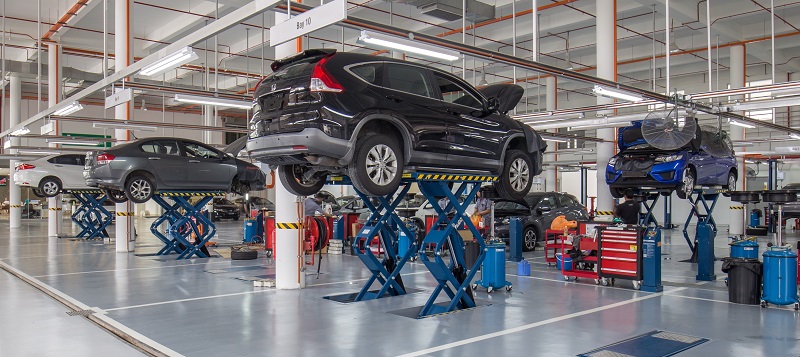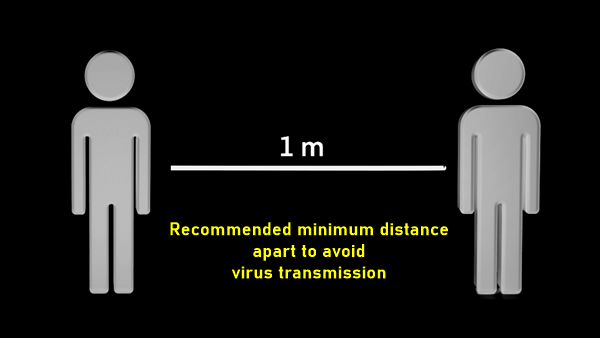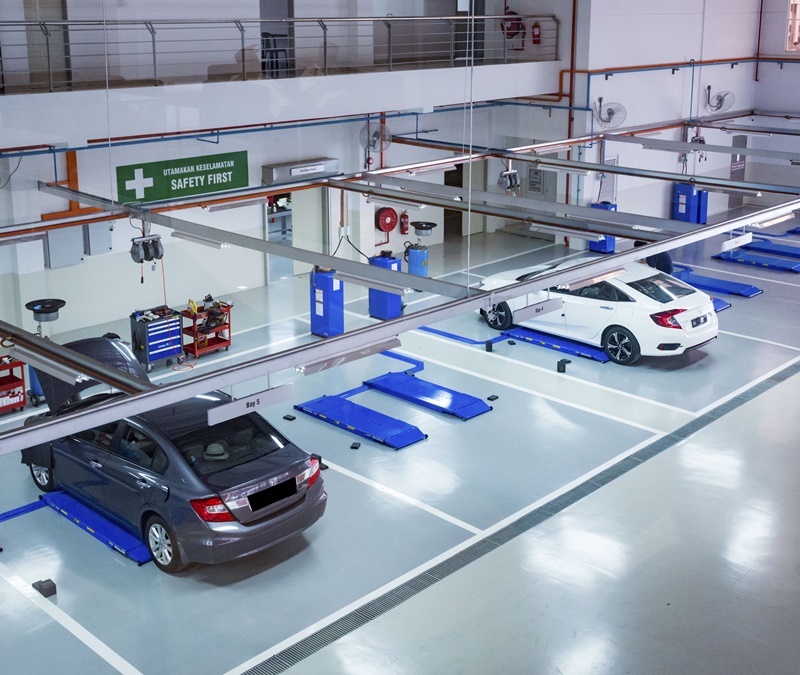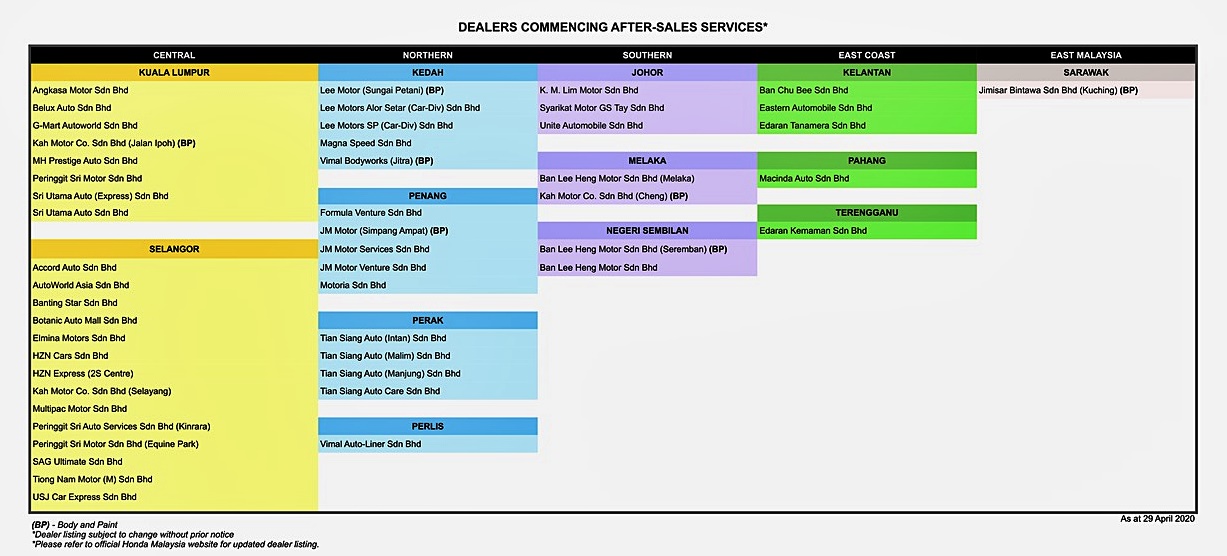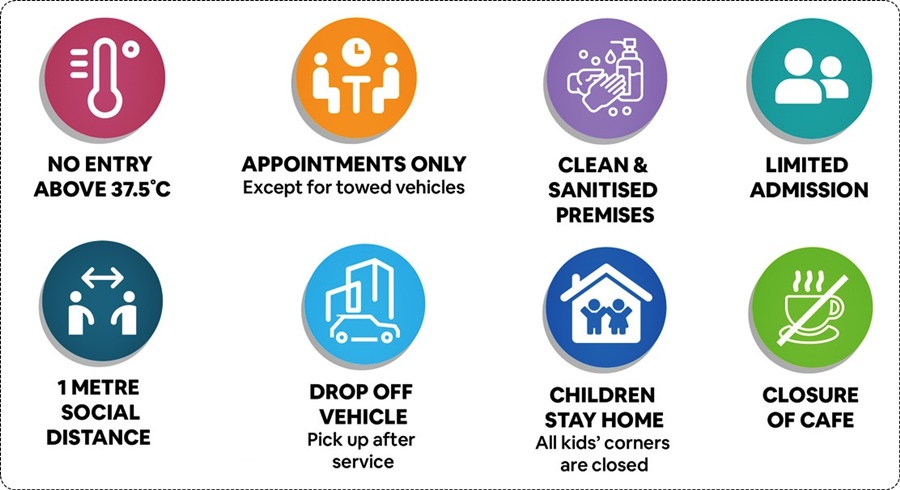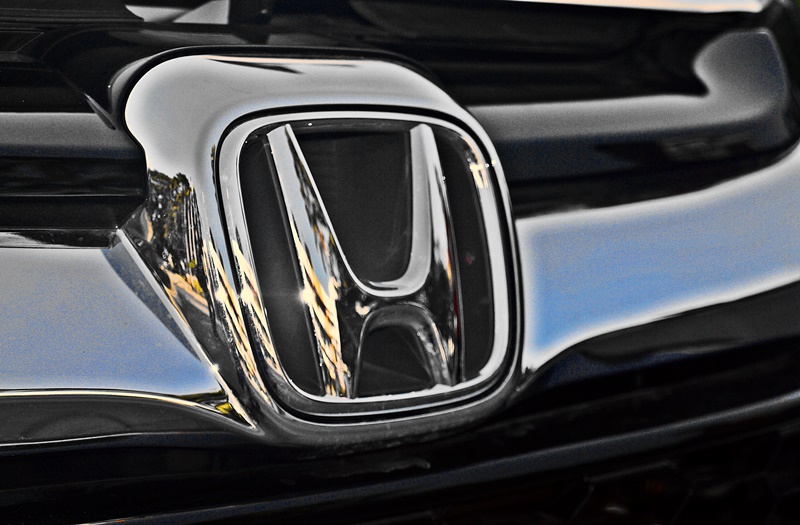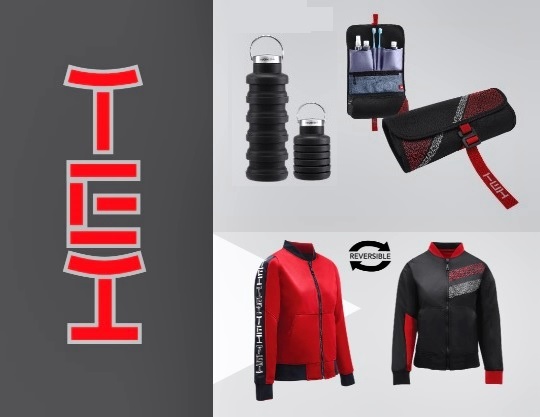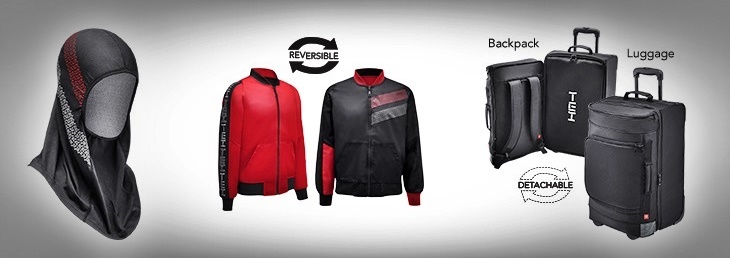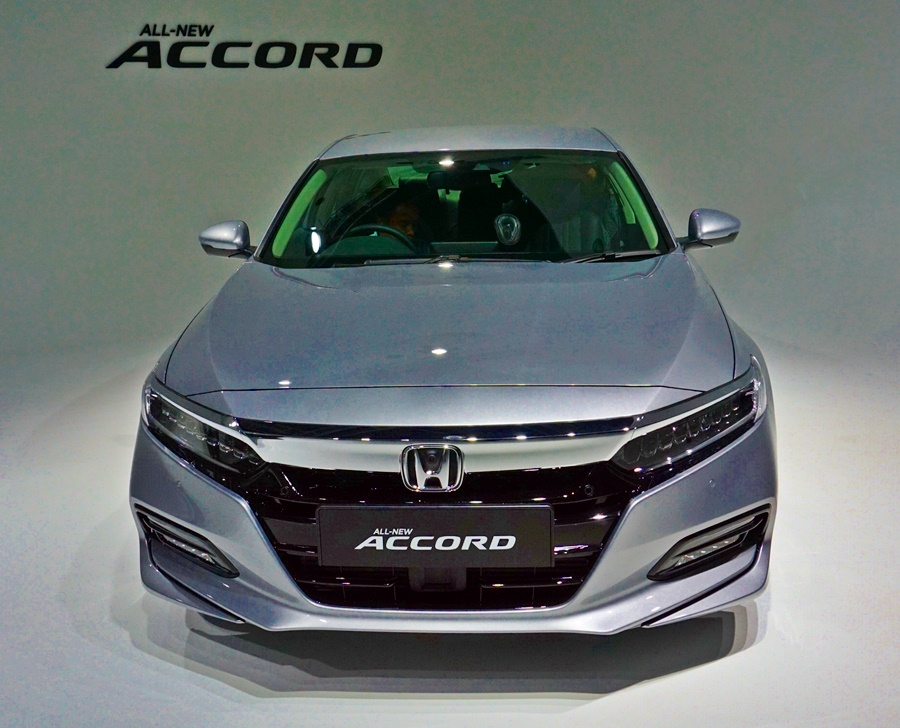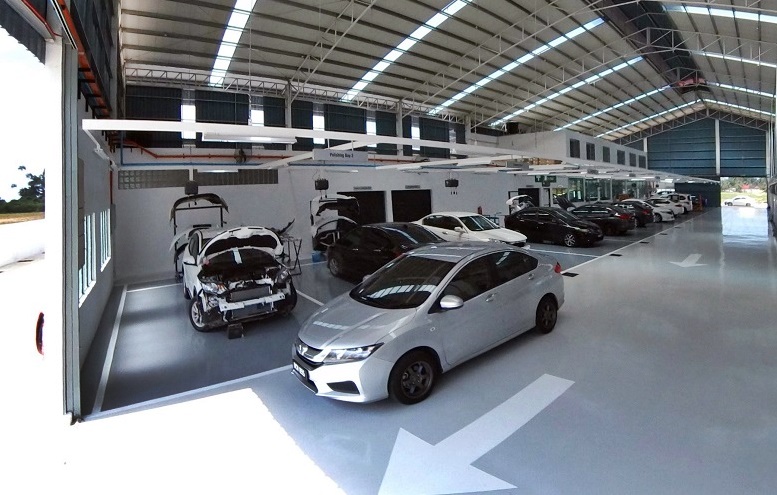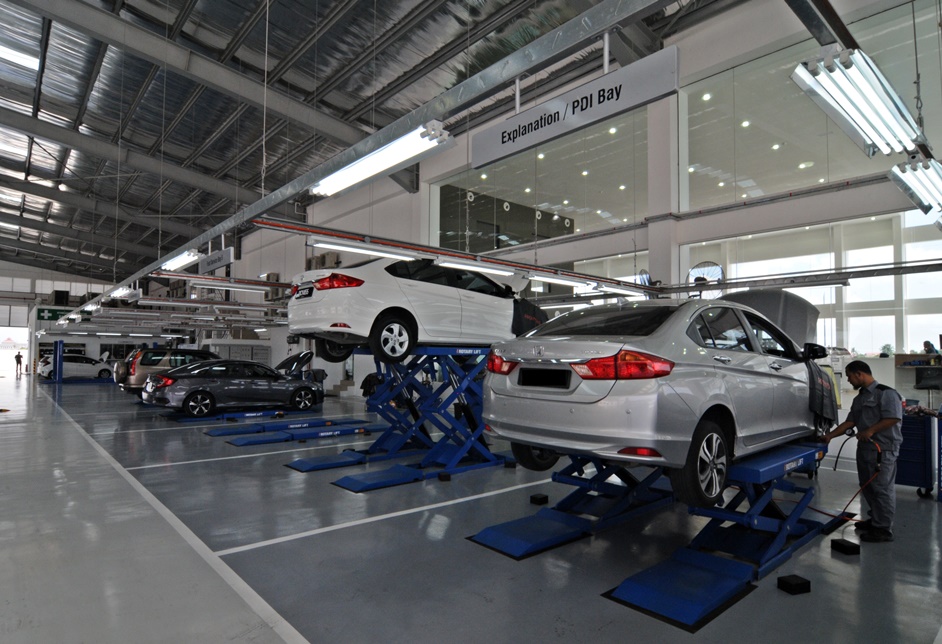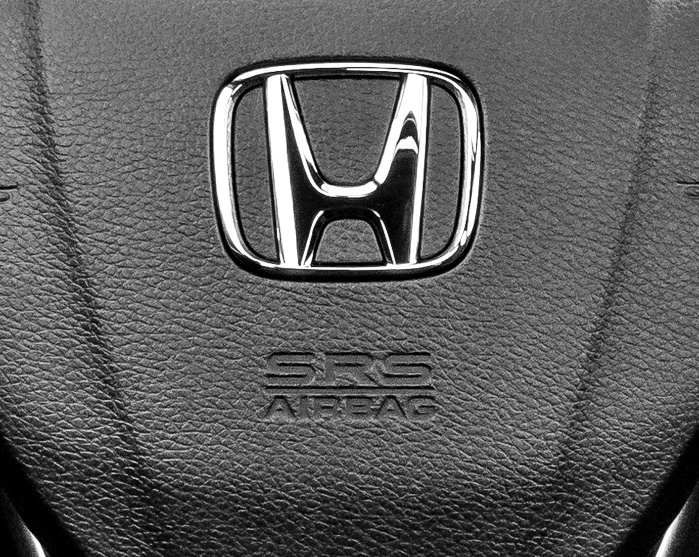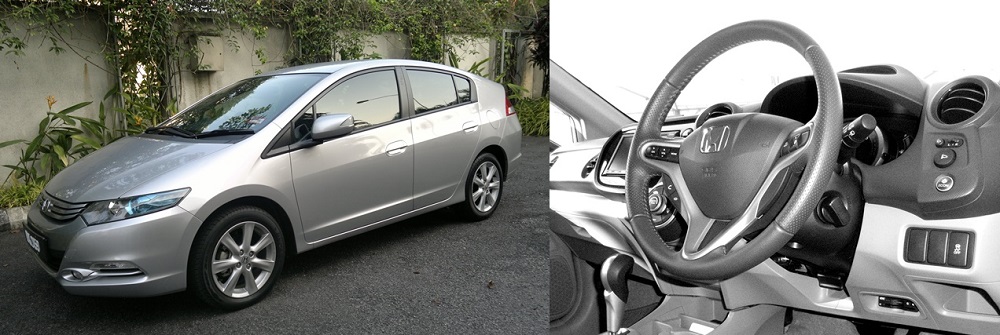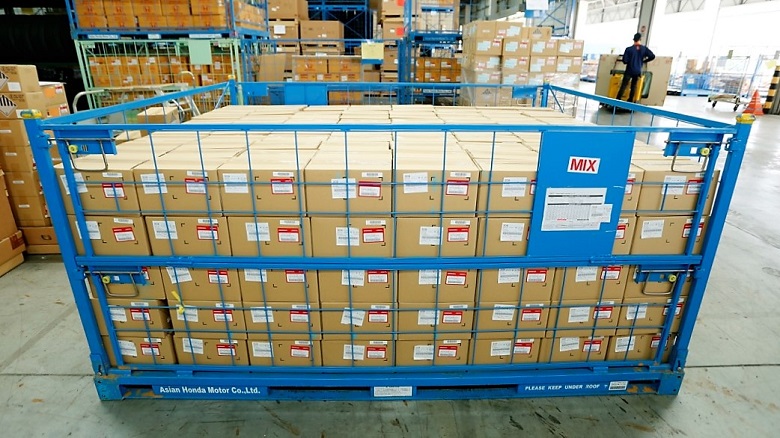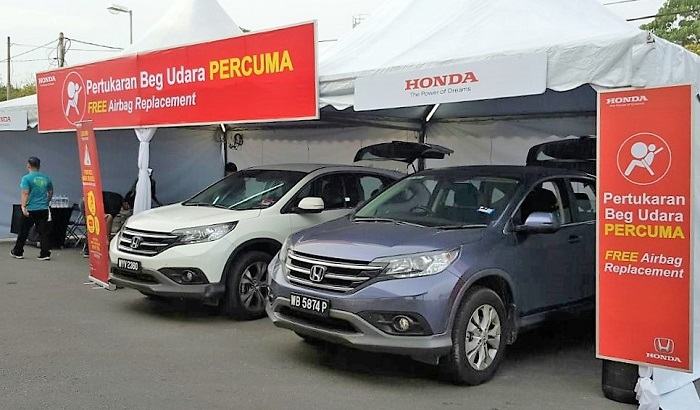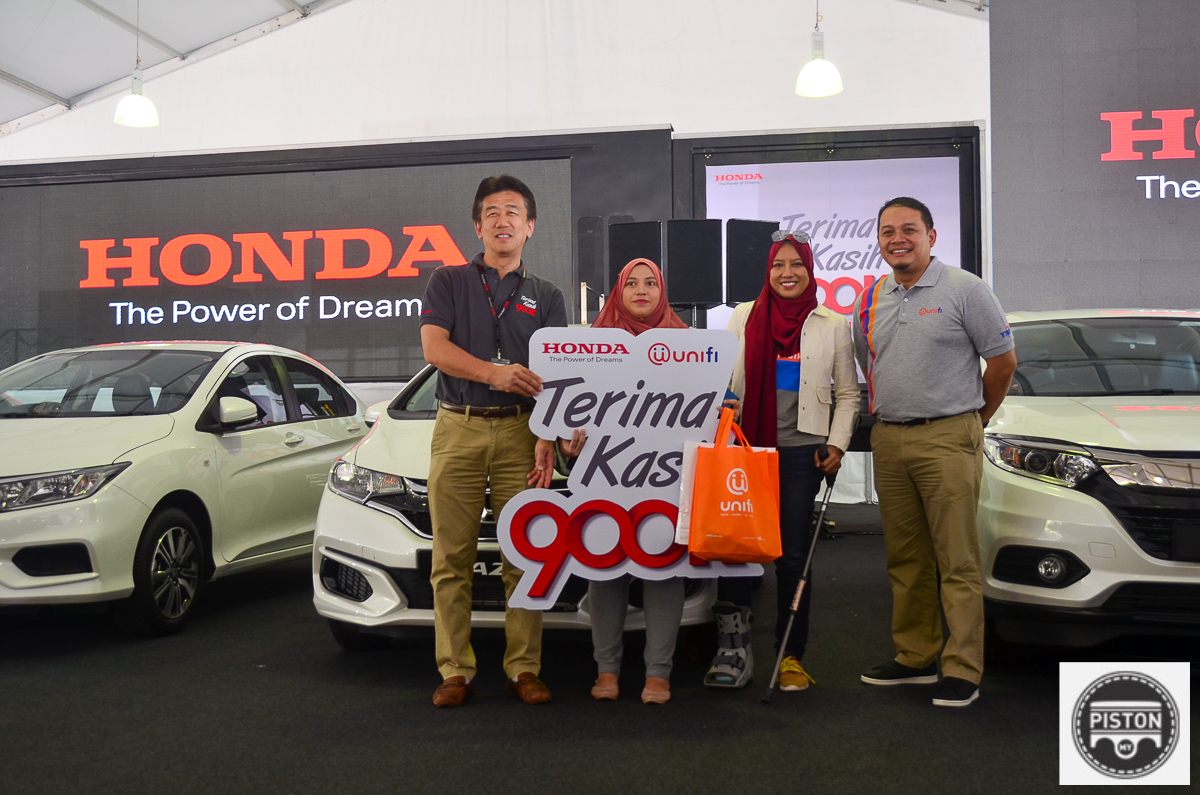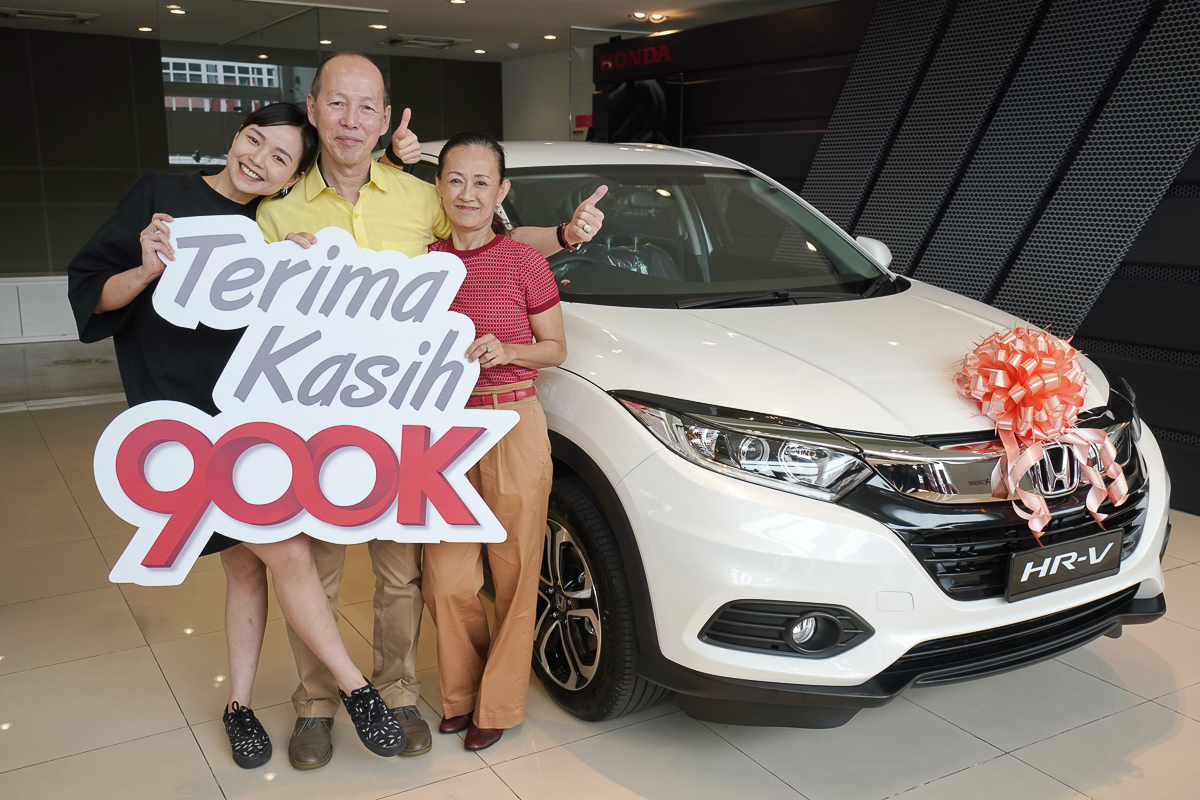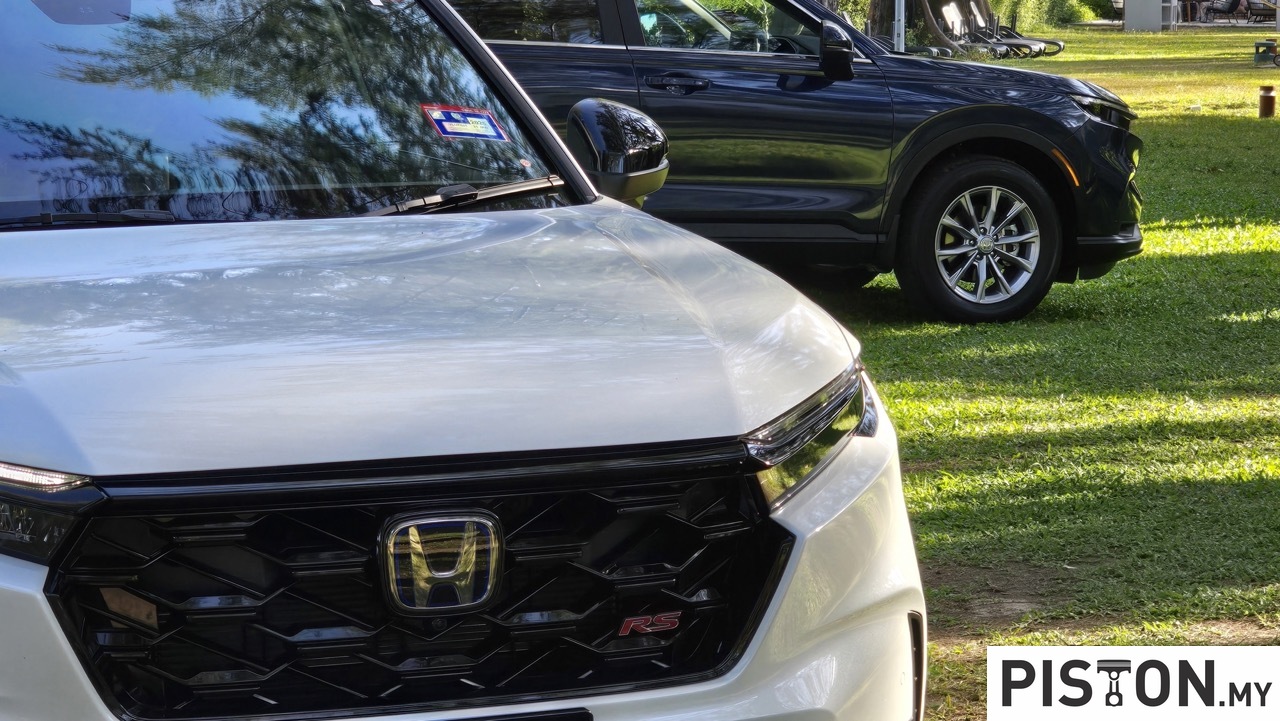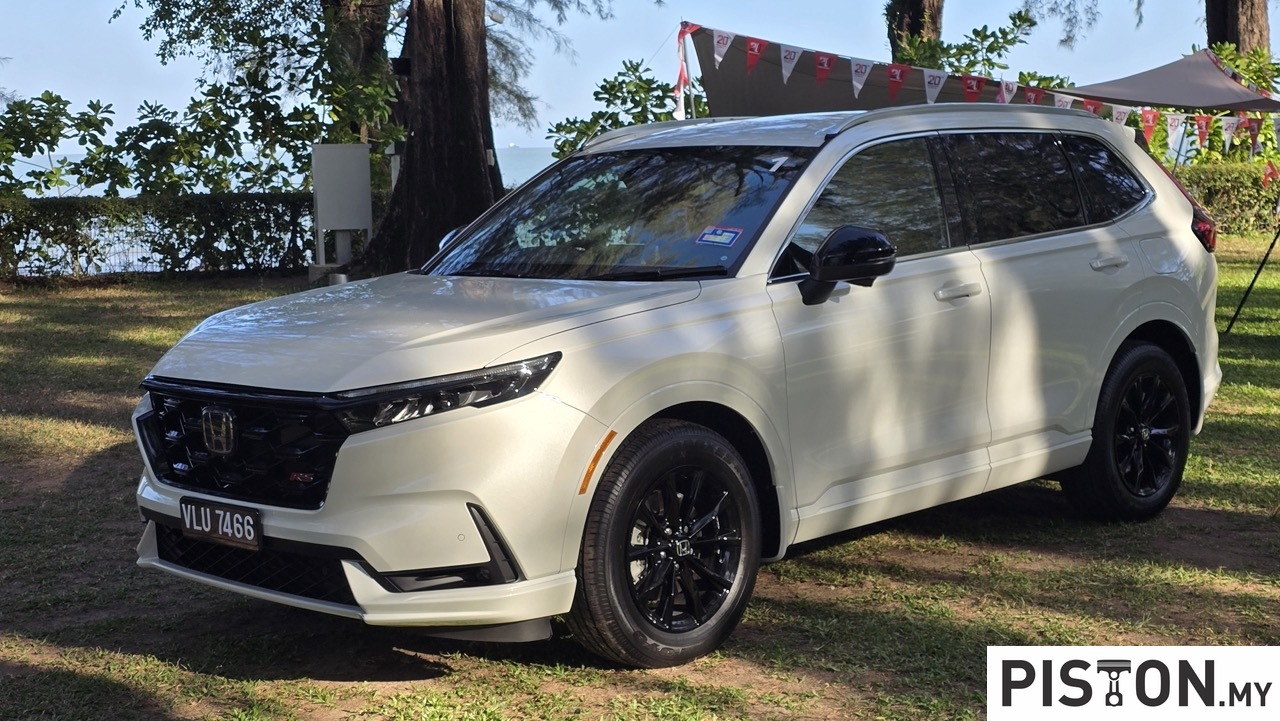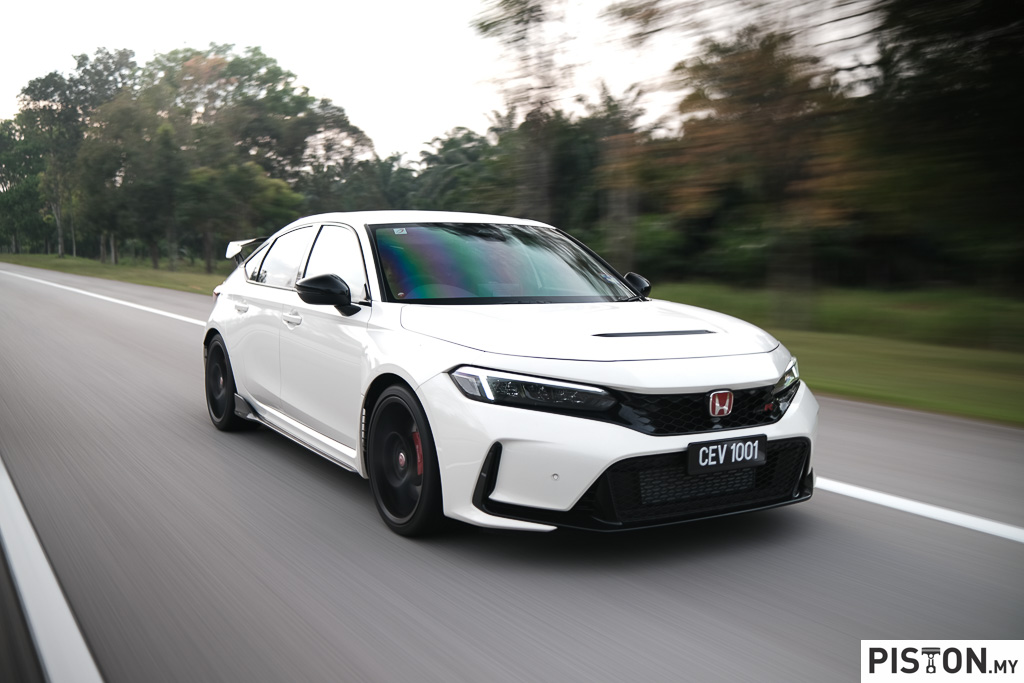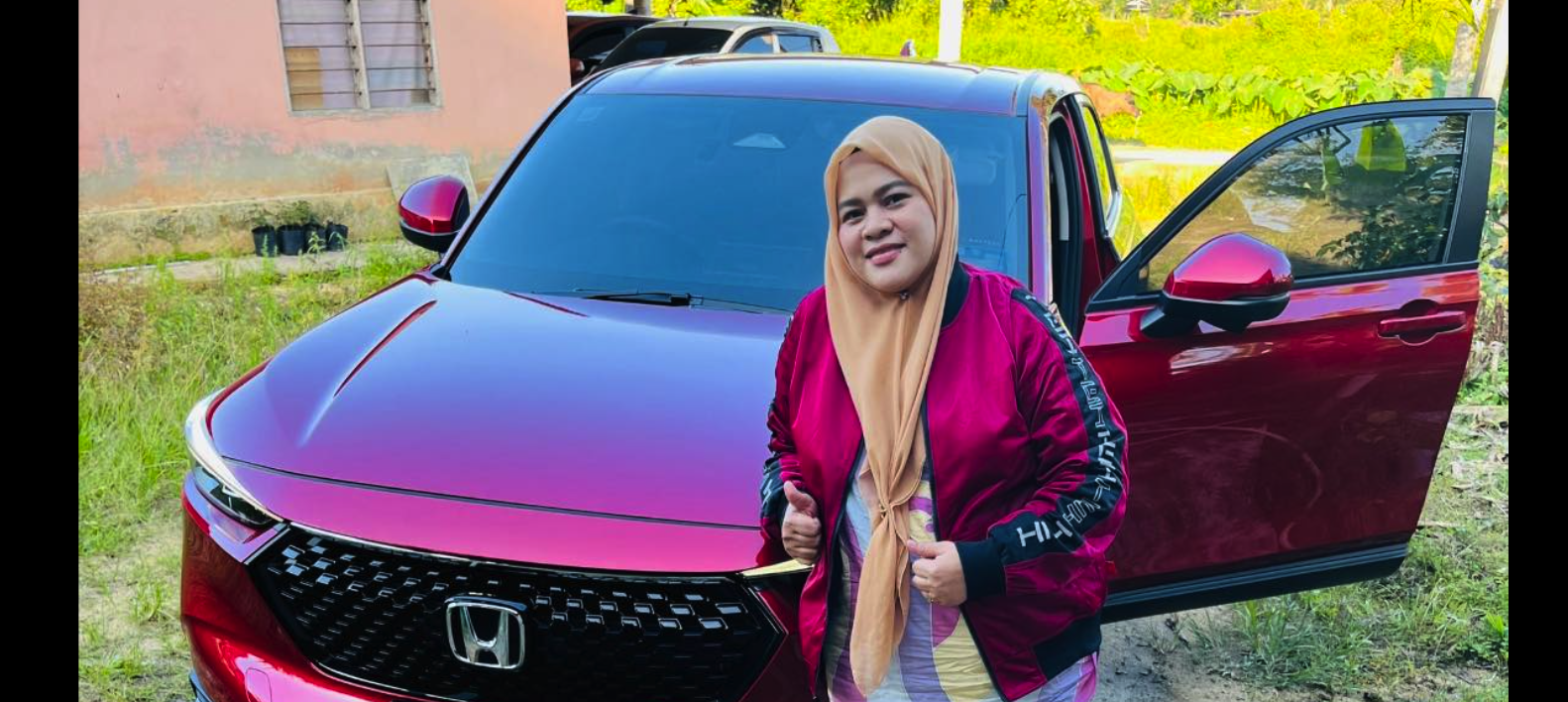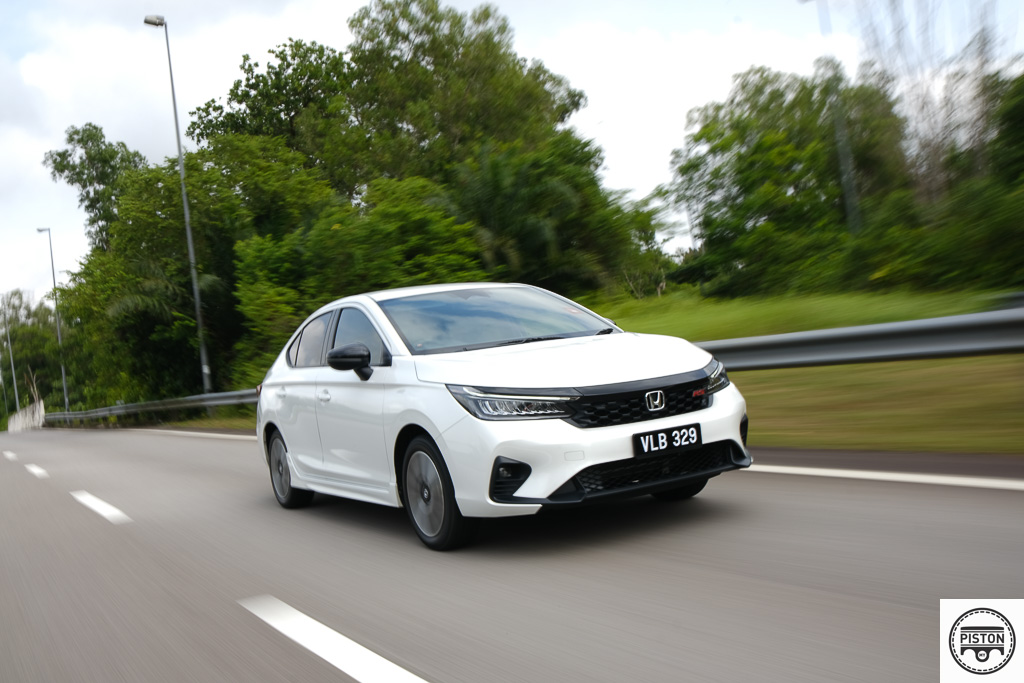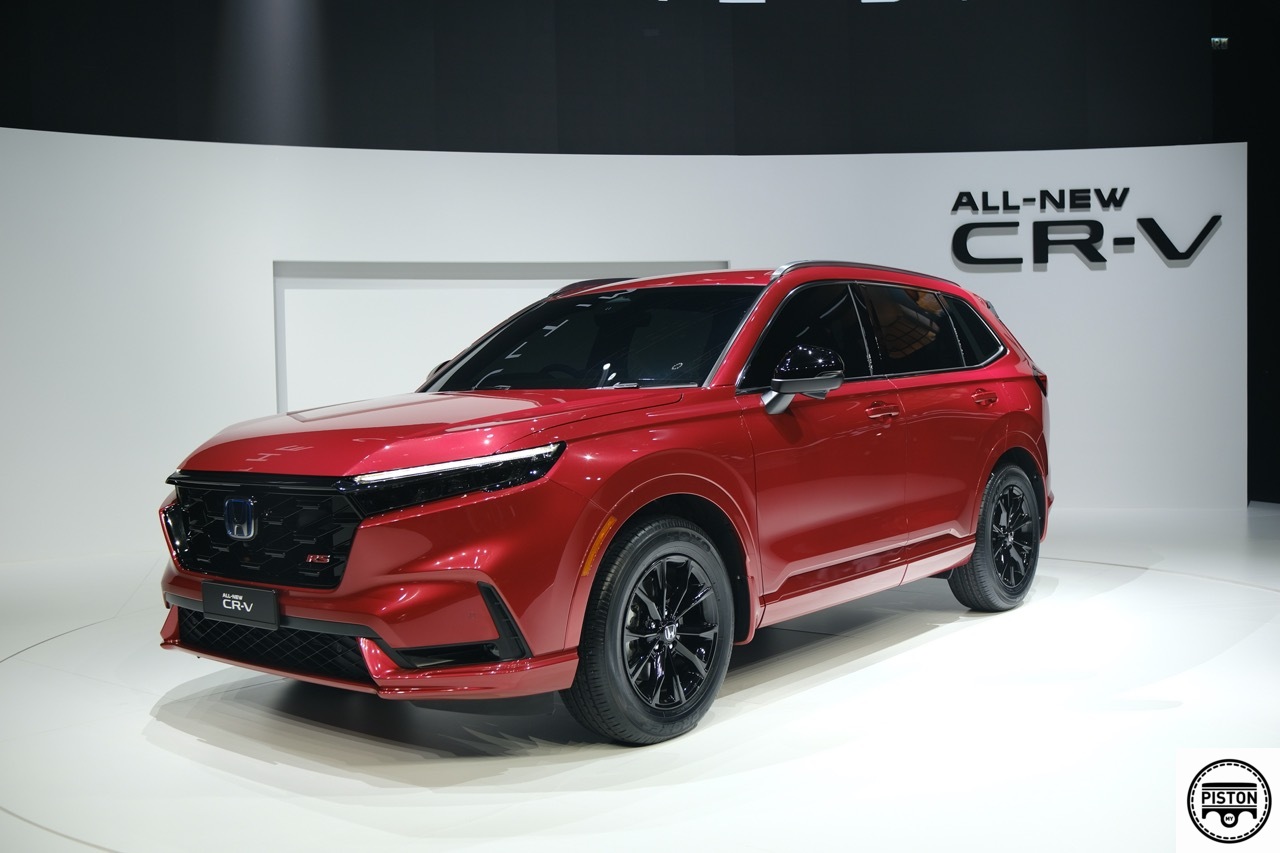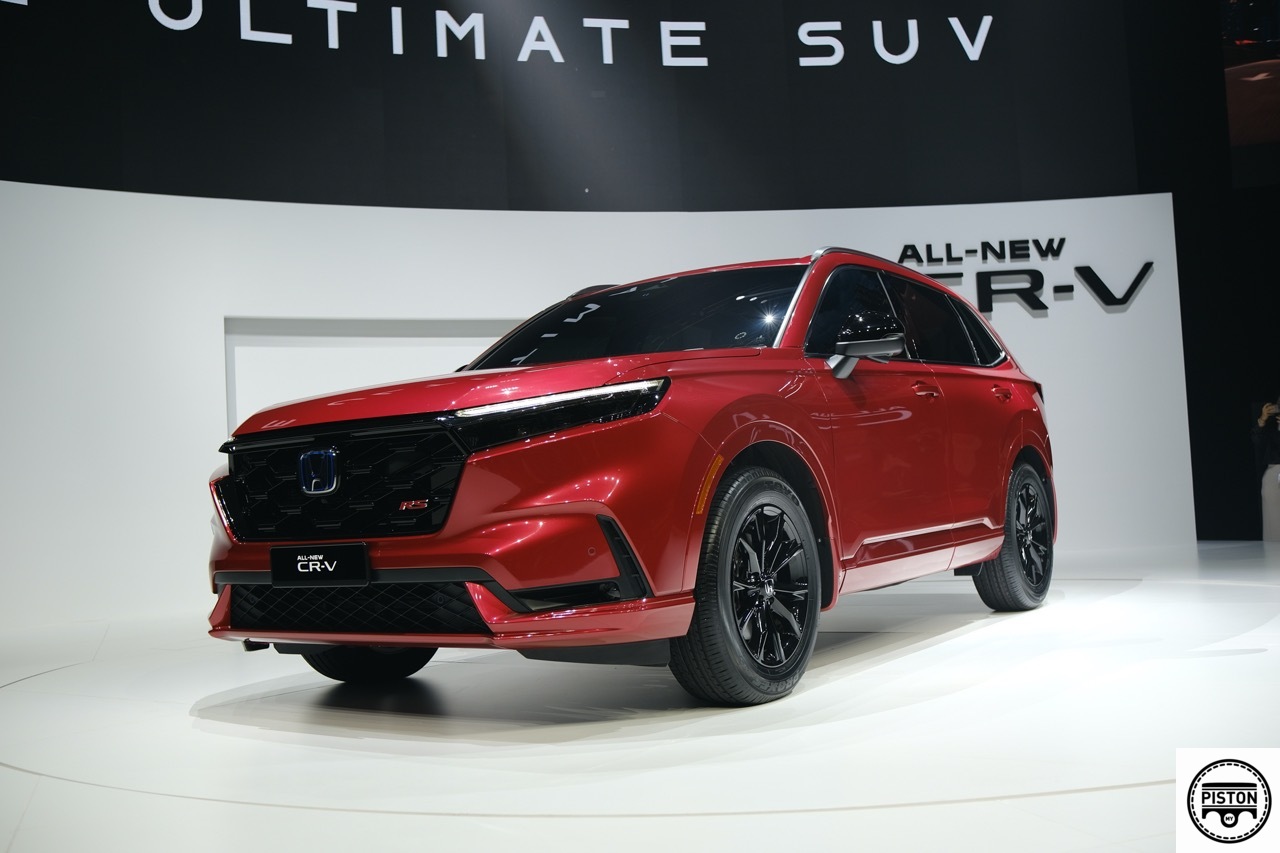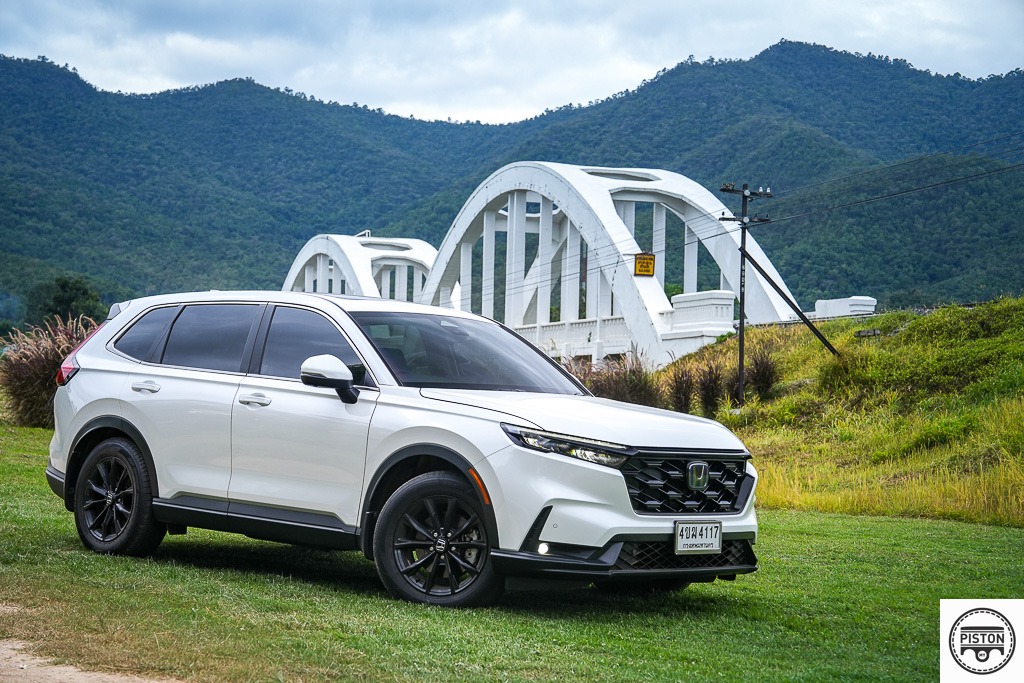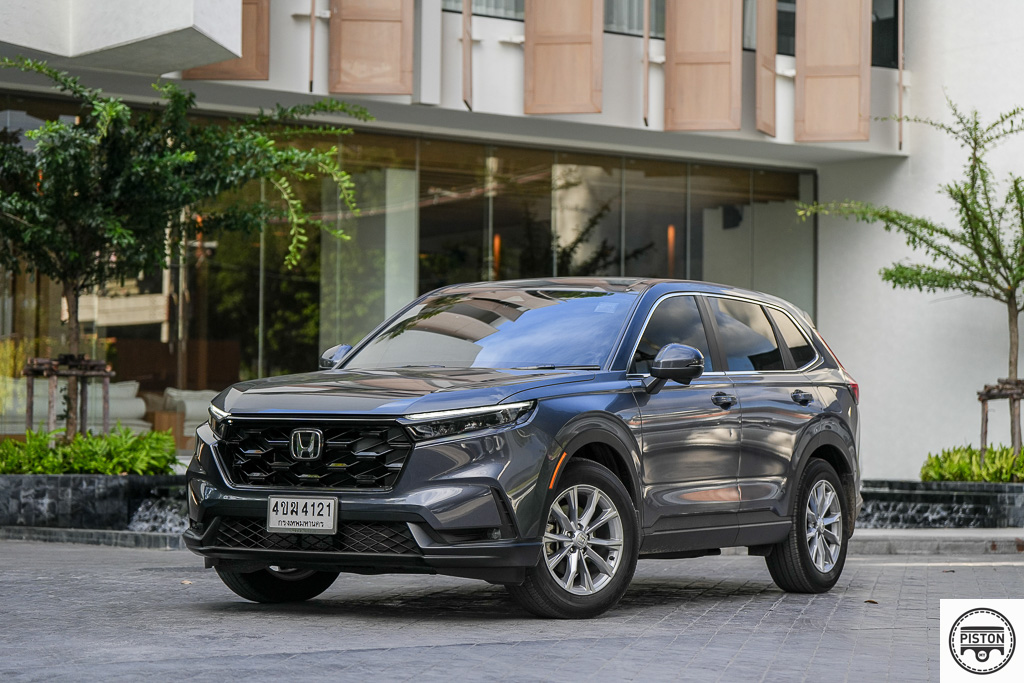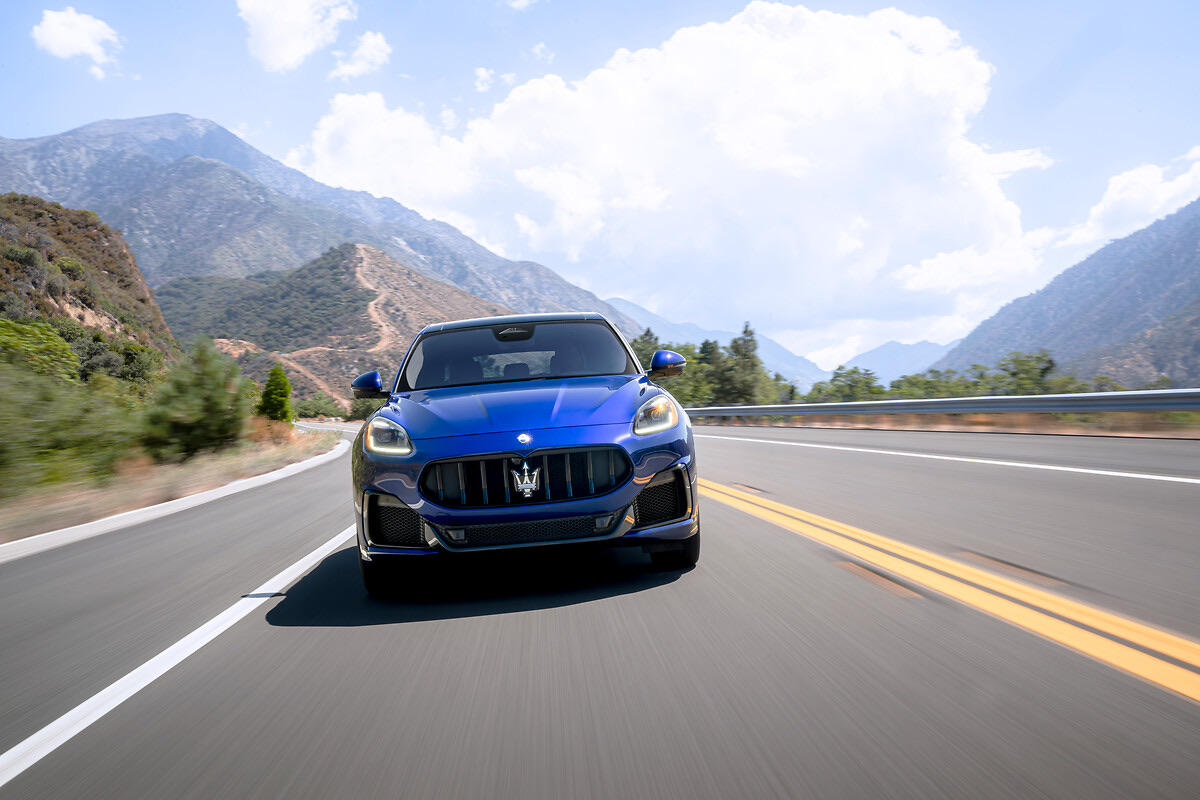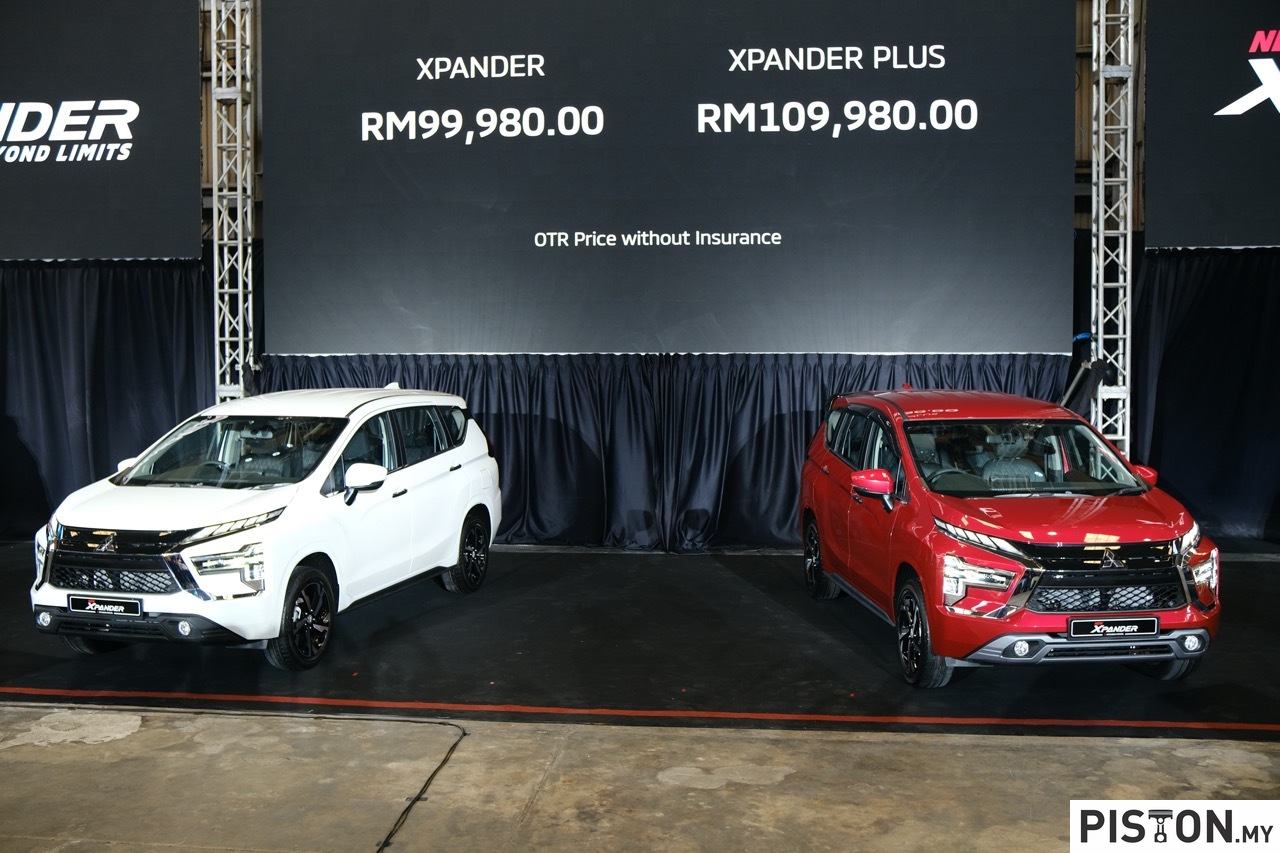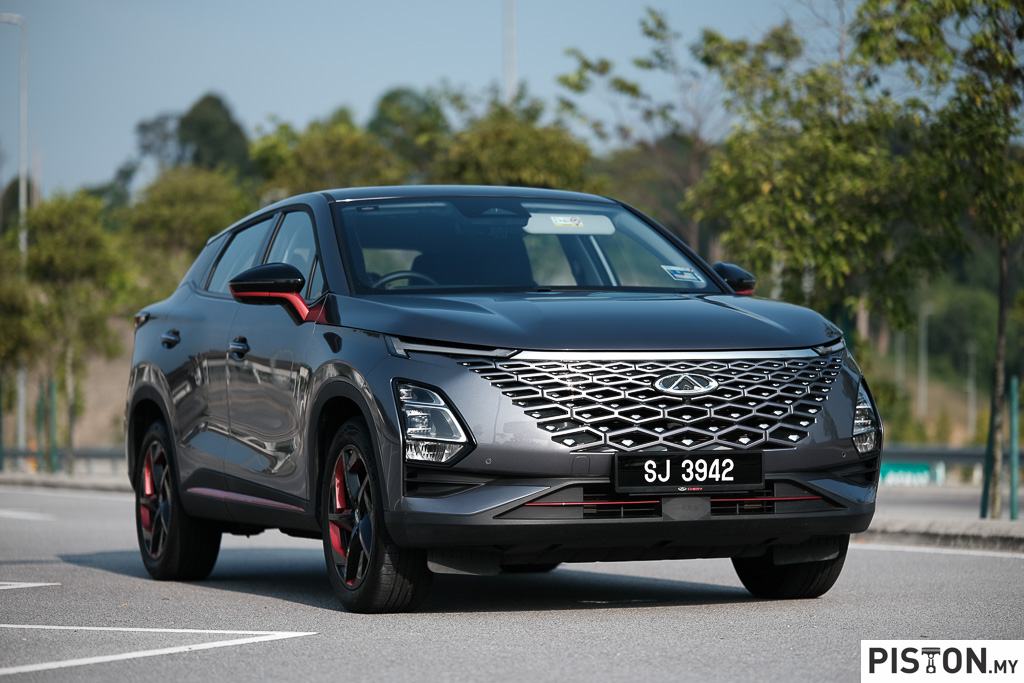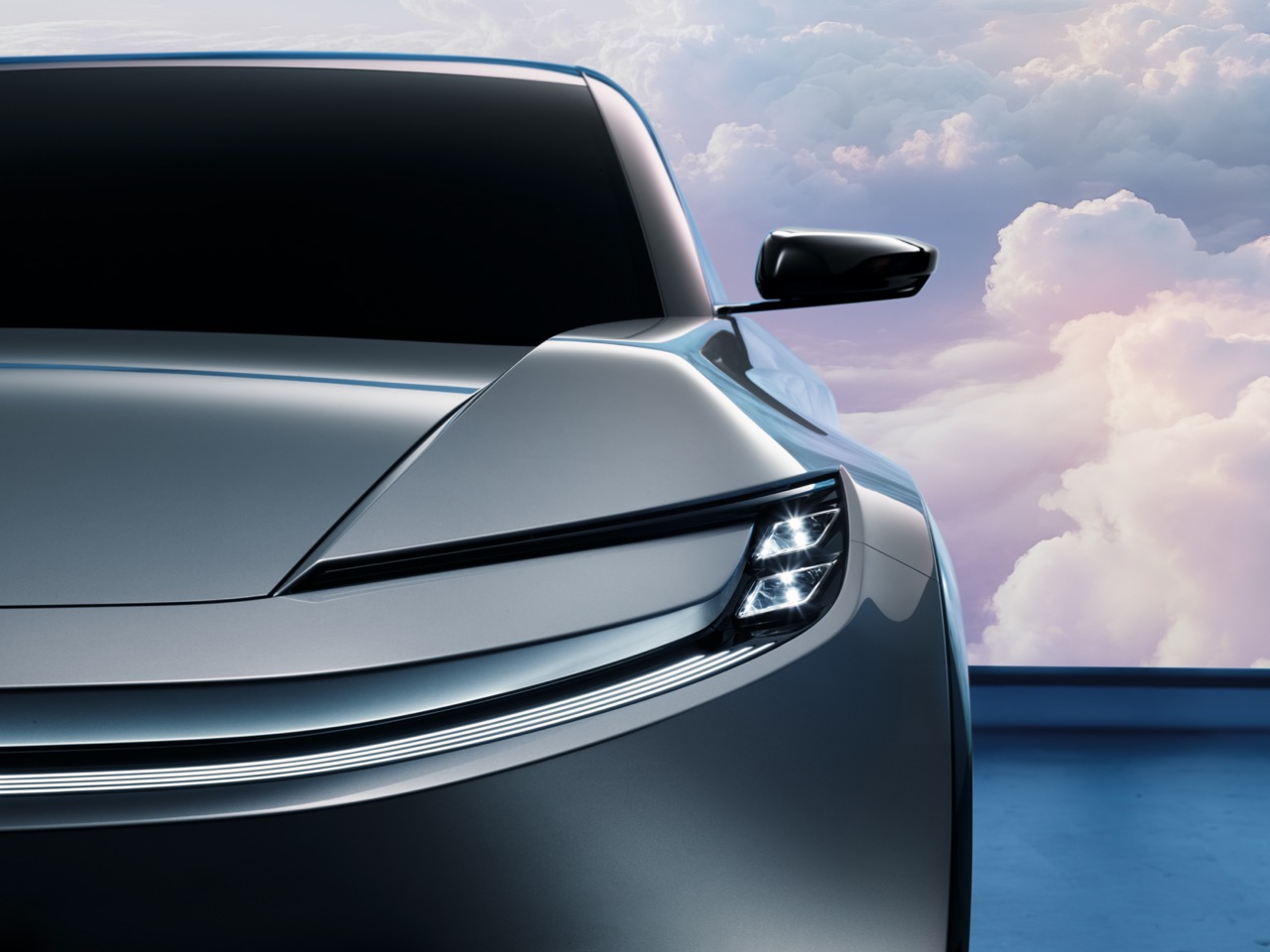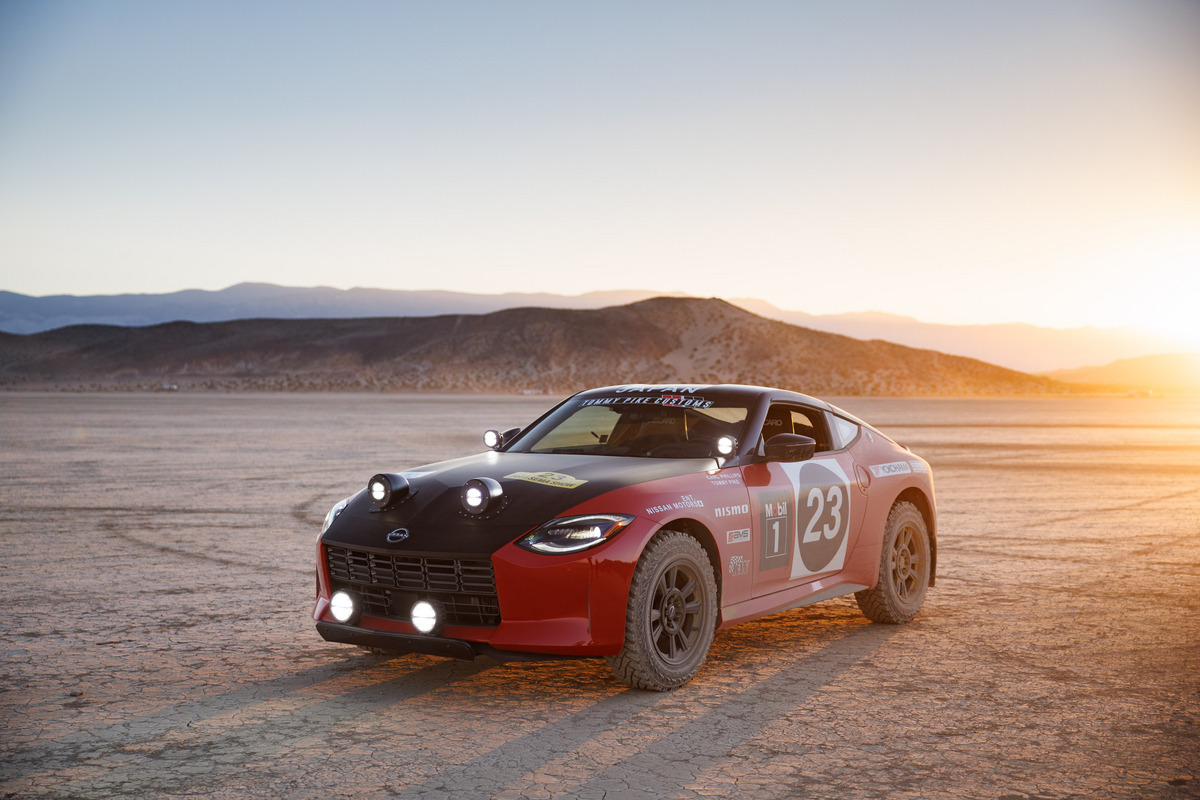
At long last, the 10th generation Honda Accord has arrived in Malaysian showrooms. Although the new generation first went on sale in October 2017 (in the US market), it was only in March last year that the ASEAN version was launched in Thailand, followed by Indonesia. Malaysia, in spite of the diminished D-segment market, still continues to assemble the flagship model, which has been the case since the first generation in the late 1970s.
With the D-segment smaller in size here (prompting Edaran Tan Chong Motor to stop selling its Nissan Teana), Honda Malaysia plans to sell only 200 units a month – and that too is felt to be on the high side. We don’t have the sales figures for last year (as the powerful Competition Commission won’t allow the public to know) but the production numbers totalled less than 1,000 units with an average of 77 units/month.
Nevertheless, the Accord is popular in markets like America (where it has been the overall bestselling passenger car) and so there is still enthusiasm in product development. And since the third (current) Jazz generation that appeared in 2014, Honda’s styling has become more and more aggressive and sporty, with the Accord now also following the same themes.
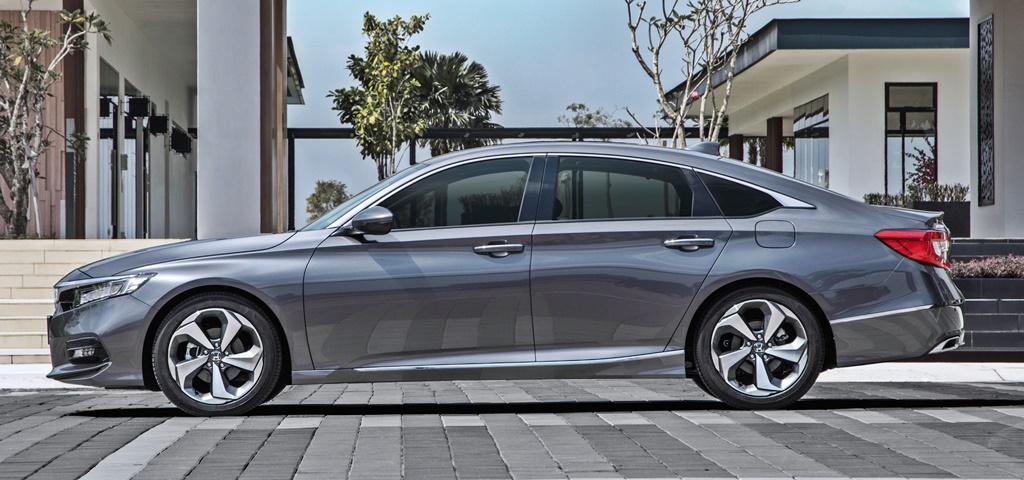
Some may regard the new styling, with a coupe-like rear end, as being too radical a change for a model in this upper segment. After all, cars like the Accord have usually been driven by older people with more senior positions in the corporate world. These are people who may have conservative tastes and the new looks might not go down well.
But Honda has always been a maverick in the car industry and daring enough to embark in new directions. The older management may have their conservative views but it appears that they are also open to evolving trends and willing to trust their younger designers to head in the right direction.

Comparing the latest 10th generation to the first one that started off as a hatchback in 1976 is like comparing day and night. The differences are so great that it’s hard to believe they share the same nameplate. The first generation sedan was 4.45 metres long and today’s Accord is 500 mm longer, with a wheelbase that is almost similarly longer with the 55 mm increase for the 10th generation. It’s also heavier – that first Accord weighed just 965 kgs whereas the 2020 one is almost 1,500 kgs.
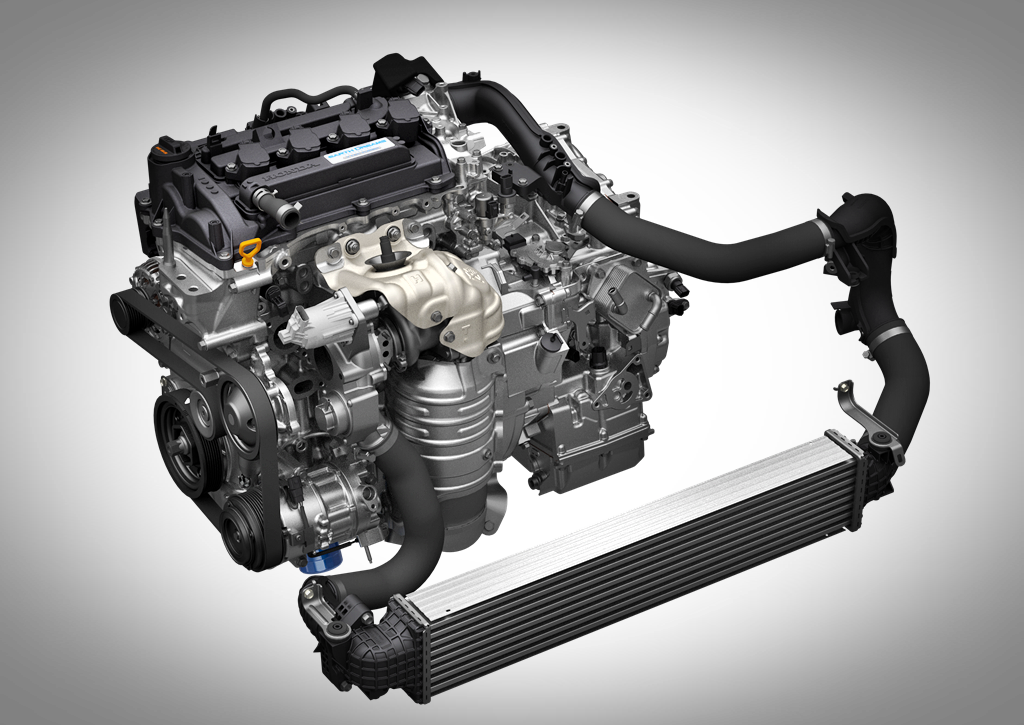
Powertrains have greatly changed too. Until this generation, the smallest engine for the Accord was the 1.6-litre unit used in the early generations. But in this age of downsizing, small is better and so the new Accord gets its smallest engine ever – the 1.5-litre turbocharged Earth Dreams Technology engine.
It’s a bold move to have such a small displacement engine for such a big car although European motorists are fine with it. Malaysians still think of cc as being indicators of output and performance and we won’t be surprised if salesmen are asked ‘Can go up Genting Highlands or not?’, referring to the hill resort area with steep slopes. Younger customers may already accept and understand that with turbocharging, the output can be boosted and performance can be much higher.
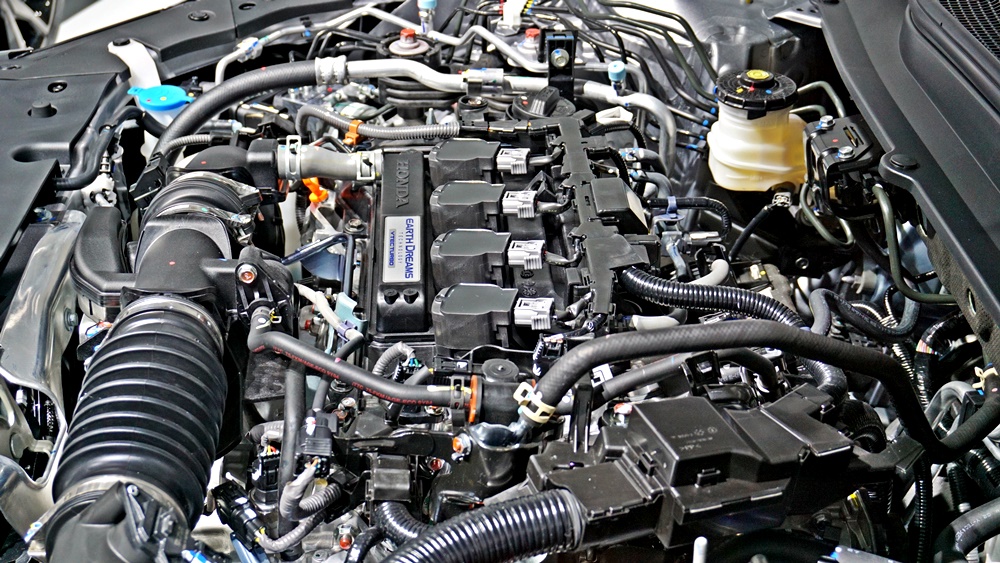
In fact, the new Accord’s engine (with VTEC) develops 201 ps/260 Nm, considerably more powerful than the 2.4-litre engine. And apart from all that extra output is the fact that, along with the assistance of the CVT, fuel consumption will be lower and you also pay much less roadtax.
The Accord range in America has the additional option of a bigger 2-litre (K20) engine as well as a hybrid variant (also available in Thailand) but for the Malaysian market, it is banking on the 1.5-litre turbo engine only. Understandably, with the low volumes, it would make no sense to assemble two different engine variants and in any case, the other variants would cost more.
As an all-new generation, the latest Accord is essentially a clean-sheet development meaning it started almost more scratch rather than having a structural carry-over. The platform is new to accommodate the largest bodyshell the model has ever had. It is now 4901 mm long (+39 mm), 1862 mm wide (+13 mm) and though it looks low-slung because of the sleek profile, the roof is actually 16 mm higher. A 54 mm increase in the wheelbase extends it to 2830 mm, with 48 mm more rear legroom as a result of that increase.
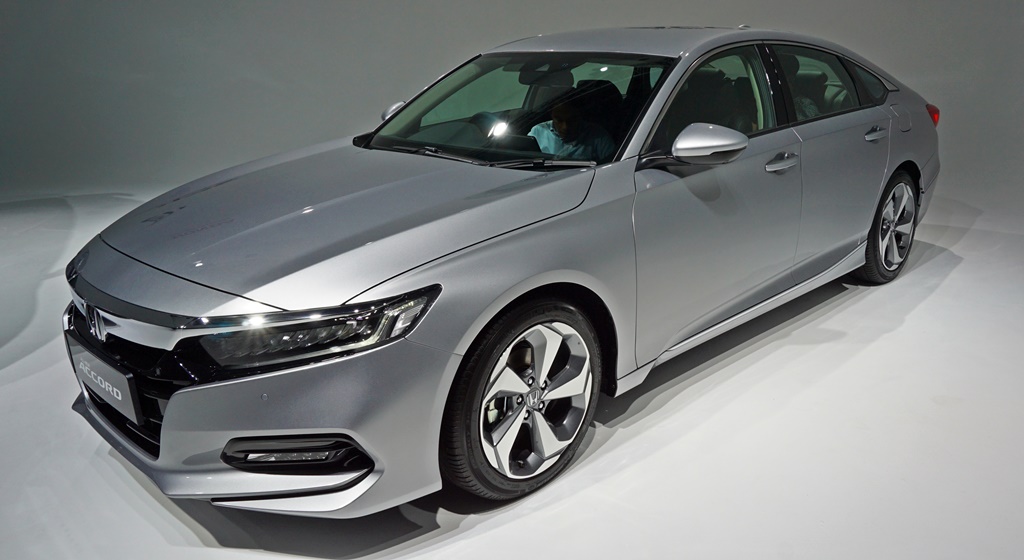
During the development of the new Accord, the engineers worked hard at bringing down NVH (noise, vibration and harshness) as this influences the perception of quality and refinement. Spray foam helps to lower noise while High-Performance Adhesive enhances rigidity which improves durability. Laser brazing is used to join the roof and body side panels, and Honda Malaysia’s factory in Melaka had to agree to make the necessary investment for equipment to do this process before Honda was willing to allow the model to continue to be assembled here.
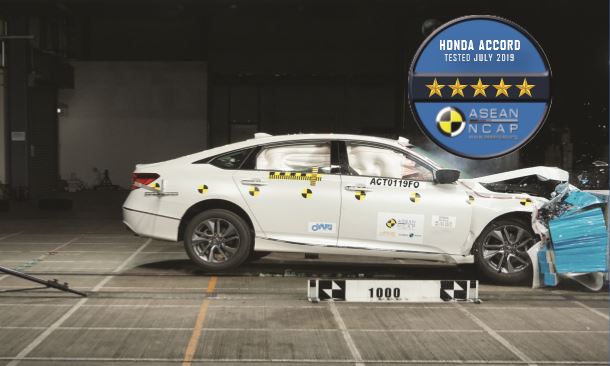
Having been launched almost a year ago in Thailand meant that ASEAN NCAP could evaluate the new Accord and not unexpectedly, it got the maximum 5-star rating. Passive safety apart, the new Accord also has an impressive list of active safety systems and features that will help the driver to avoid accidents or reduce the effects of accidents on the occupants.
Much of this is provided by the Honda SENSING system, an integrated package of systems with 8 components. These are Low Speed Follow, Auto High-Beam, Adaptive Cruise Control, Collision Mitigation Braking System, Forward Collision Warning, Lane Keep Assist System, Road Departure Mitigation, and Lane Departure Warning. Most of the systems rely on information from a camera mounted at the top of the windscreen and a millimetre-wave radar in the grille.
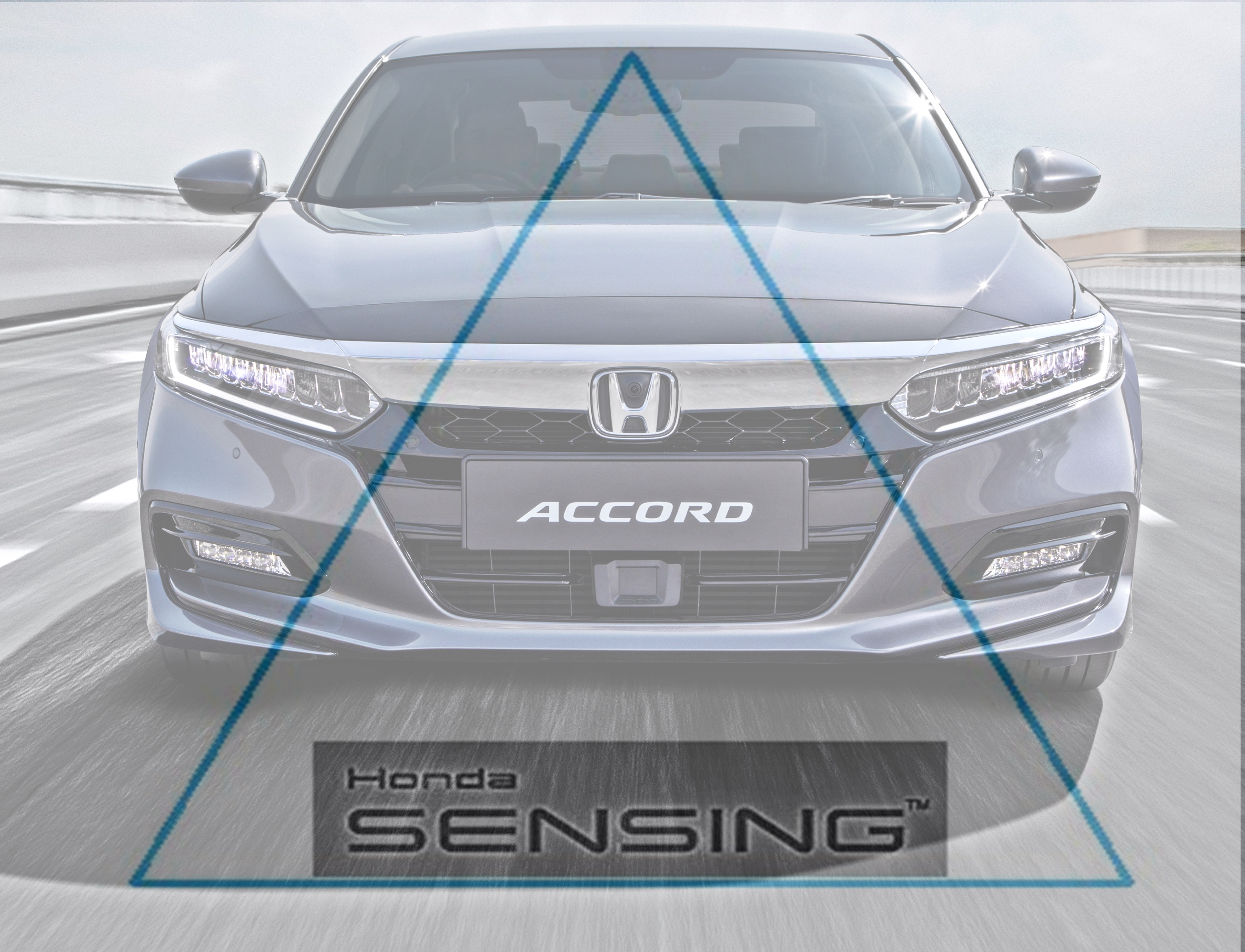
With Adaptive Cruise Control (which can operate down to 0 km/h) and the Collision Mitigation Braking System that will automatically apply the brakes, drivers can have an early experience of autonomous motoring as these systems are managed by a computer without involvement of a human.
Additionally, there’s the Honda LaneWatch system, an innovative idea which uses a small camera in the left door mirror to capture real-time images of that side of the car. The image is displayed on the screen in the middle of the dashboard, which the driver can see more easily than having to swivel the head to the left. Also providing additional visual coverage is a Multi-View Camera System.
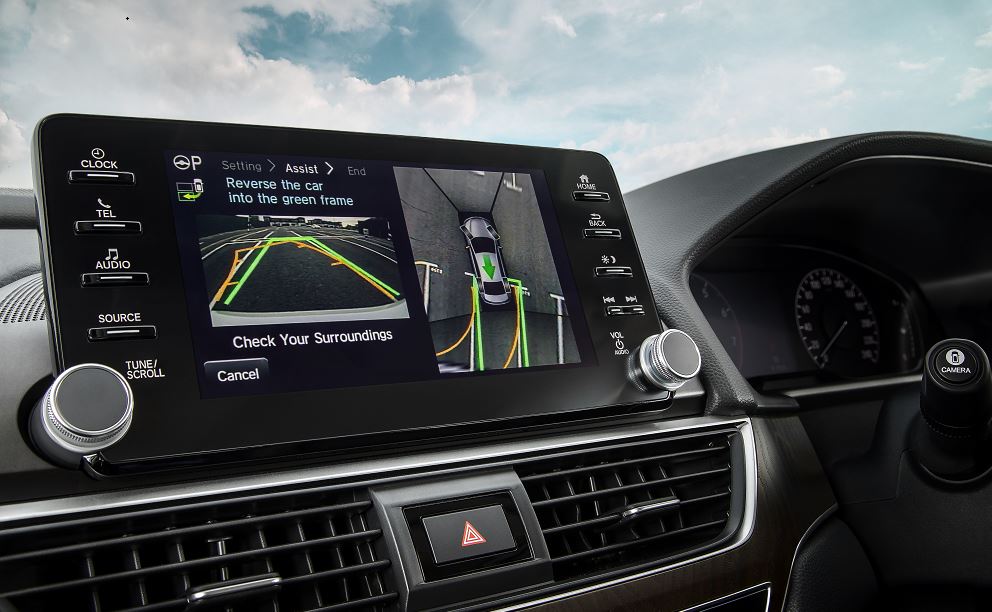
Parking the car is made easier with Smart Parking Assist System with Brake Assist (Rear) that recognises the border line of the parking space and assists the driver with automatic steering assist, screen display, voice guidance and auto braking.
As with other Hondas currently in showrooms, the new Accord’s interior was packaged with the ‘Man-Maximum, Machine-Minimum’ approach. Being the flagship model, it comes with a comprehensive list of premium features that include 4-way Assistant Power Seat with Shoulder Switch, and Wireless Charging.
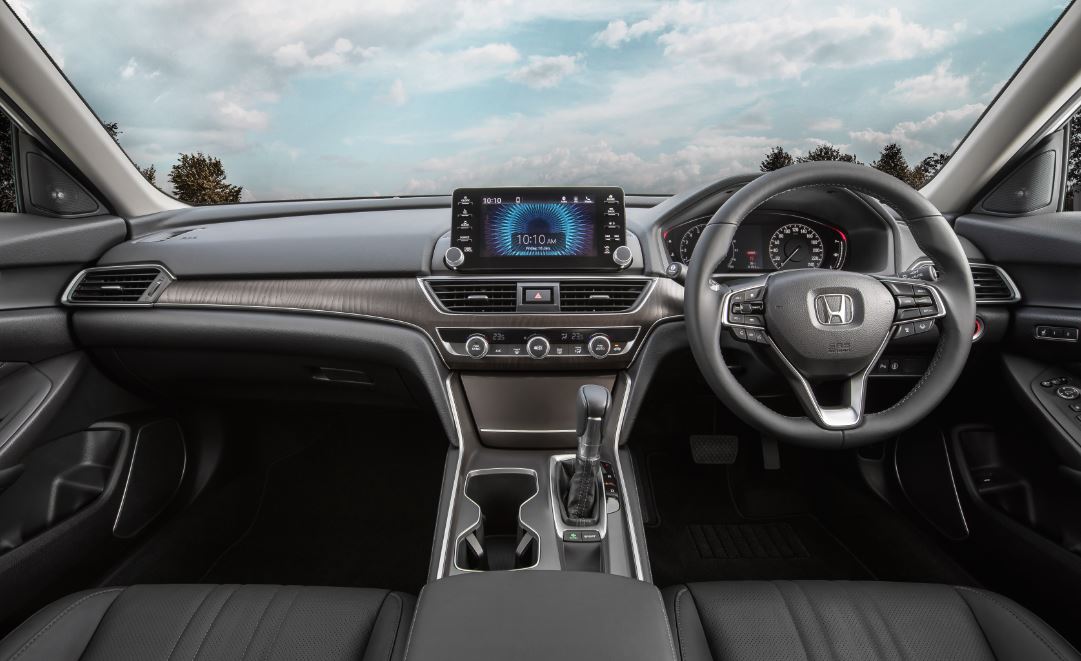
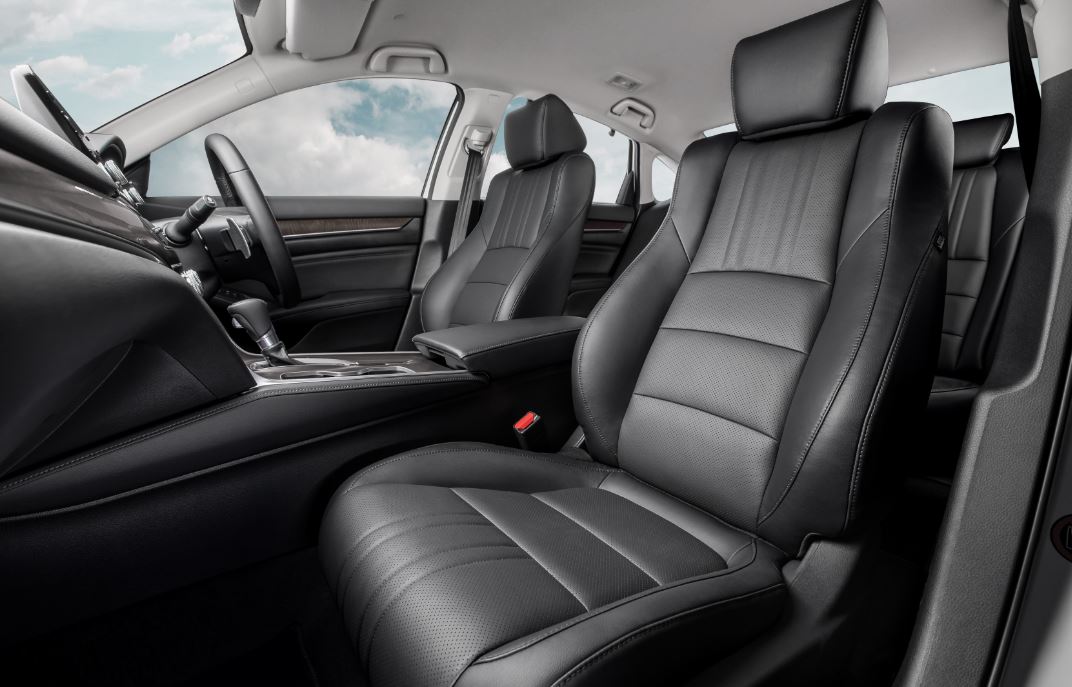
The instrument panel and dashboard have elements of the previous generation but enhanced with more premium and fresher looks. For example, there is a bright and clear 8-inch Advanced Display at the centre console and a 7-inch Interactive Thin Film Transistor (TFT) meter cluster.
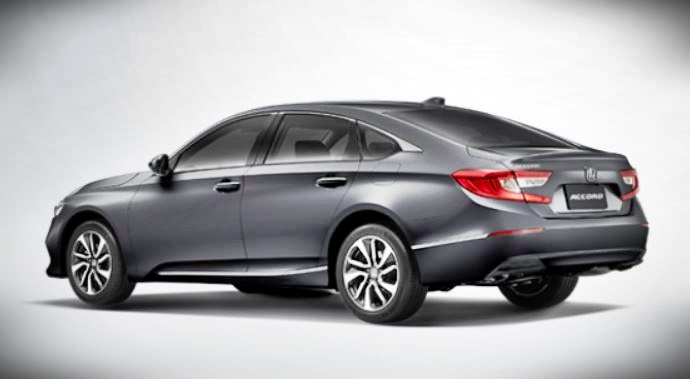
As with the latest Civic, the new Accord also comes with a 5-year unlimited mileage warranty and free labour service (terms and conditions apply). It is now available for viewing and test-drives at authorised Honda dealerships nationwide. To locate a showroom near you, visit www.honda.com.my.











